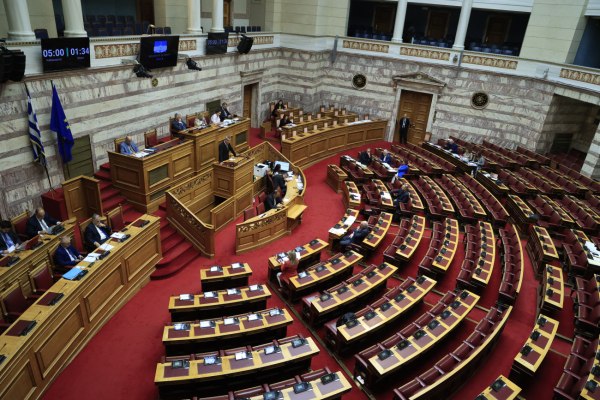The crisis that struck Greece in 2009 and has not yet ended, in large measure because of specific political choices, triggered strong shockwaves in the European Union, despite the fact that the Greek economy comprises only three percent of the aggregate EU GDP.
The question that naturally arises is what will happen in the event of a collapse of Italy, the GDP of which is ten times that of Greece’s, and the debt of which was 6.5 times greater in 2011?
The obvious answer is that a fiscal or banking system temblor in the eurozone’s third largest economy will not only affect Europe. It will have serious repercussions for the global economy. It is also clear that the bulk of the burden will be shouldered by the weaker economies, including Greece’s. The weaker links in the chain are those that are in peril of breaking first.
Precisely for that reason, Ta Nea today examines the issue of the threat posed by Italy. Analysts address some of the basic questions, such as what is the likelihood of an Italian collapse, what would be the repercussions for Greece, and which are the best case and worst case scenarios?
In any event, the essence for Greece remains the same. Even if the worst case scenario is not confirmed, the government must be prepared to do whatever is necessary to shield the Greek economy.
That is a fundamental duty towards citizens. That is what is mandated by prudence and common sense. Rischio (risk) may be an Italian word, but the danger is Greek.


























